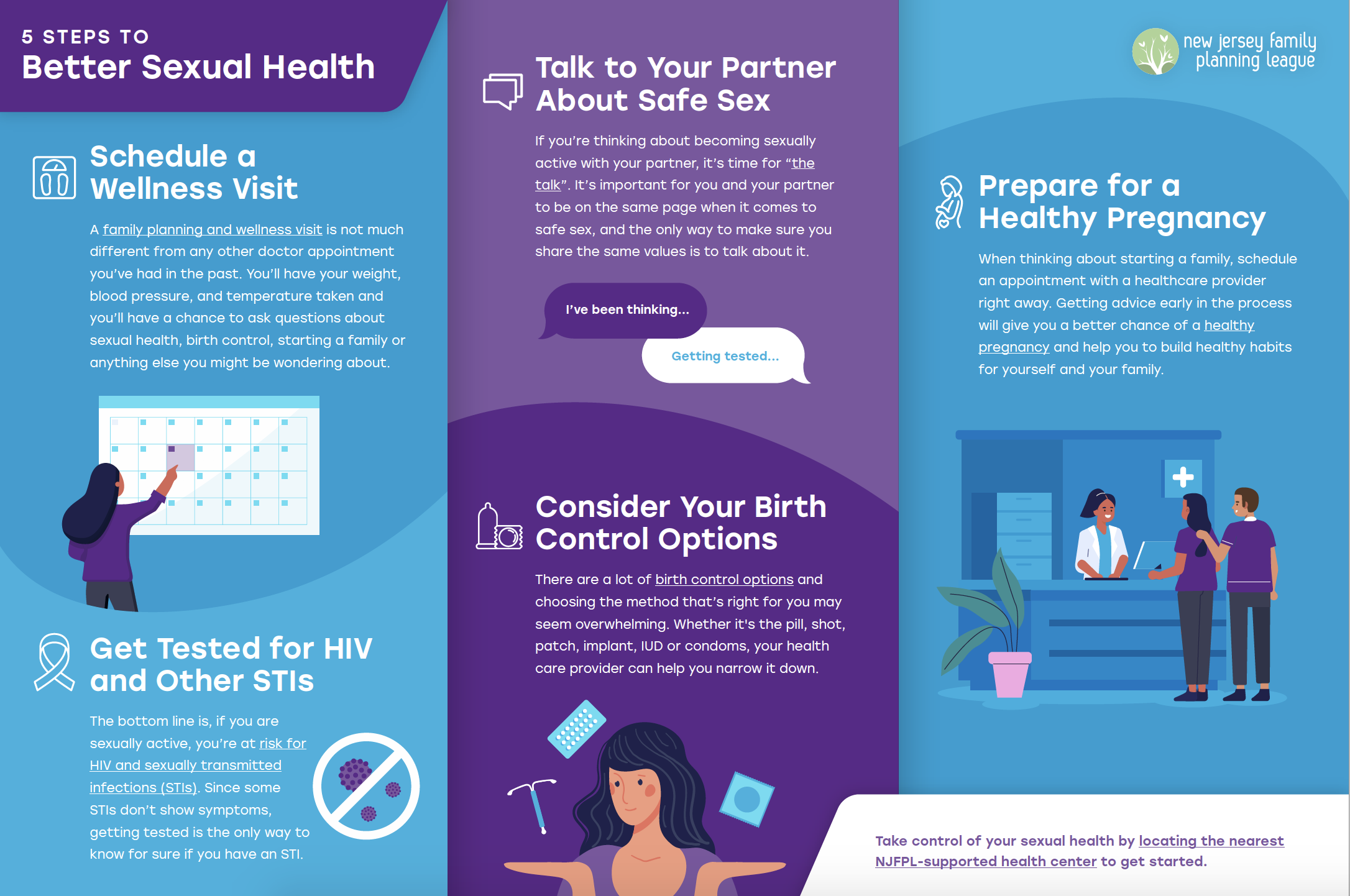
Navigating sexual health can be a sensitive and sometimes daunting experience, especially when seeking help for specific sexual issues. Finding the right healthcare provider is crucial for receiving the appropriate care and support you need. This blog will offer practical tips on selecting a qualified healthcare provider for sexual health concerns, including what to look for, questions to ask, and how to advocate for your needs.
What to Look for in a Provider
1. Specialization and Expertise
When looking for a healthcare provider for sexual health issues, consider their specialization:
- Relevant Experience: Look for providers who specialize in sexual health, urology, gynecology, or sexual medicine. Their experience can make a significant difference in the quality of care you receive.
- Continuing Education: Ensure that the provider stays updated on the latest research and treatment options in sexual health.
2. Comfort and Trust
Your comfort with a healthcare provider is essential for effective communication and treatment:
- Approachability: Choose a provider who makes you feel at ease discussing sensitive topics. A good provider will create a welcoming environment where you can share your concerns openly.
- Respect for Privacy: Ensure that the provider respects confidentiality and takes your privacy seriously.
3. Cultural Competence
Cultural competence is crucial in healthcare:
- Understanding Diversity: Seek providers who are knowledgeable about and sensitive to diverse backgrounds, orientations, and identities. This understanding can enhance your comfort and trust in the provider.
- Inclusive Language: A provider who uses inclusive language and avoids assumptions about gender or sexual orientation will help create a supportive environment.
Questions to Ask Potential Providers
Before committing to a healthcare provider, consider asking the following questions:
1. What is your experience with sexual health issues?
This question can help gauge their expertise and familiarity with the specific concerns you may have.
2. What treatment options do you recommend for my condition?
Understanding the available options will give you insight into the provider’s approach and the range of treatments they offer.
3. How do you ensure patient confidentiality?
Knowing how your information is protected will help build trust with the provider.
4. Are you familiar with LGBTQ+ health issues?
If applicable, this question is crucial for ensuring that your provider is knowledgeable about the specific needs and concerns of the LGBTQ+ community.
5. What resources do you recommend for additional support?
A good provider will be able to suggest resources, support groups, or educational materials to help you navigate your sexual health journey.
How to Advocate for Your Needs
Advocating for your needs is an important part of the healthcare experience:
1. Be Honest and Open
Communicate your concerns clearly, even if they feel uncomfortable. Honesty allows the provider to understand your situation fully and offer appropriate care.
2. Know Your Rights
You have the right to receive respectful and competent care. Familiarize yourself with your rights as a patient and don’t hesitate to assert them if necessary.
3. Seek a Second Opinion
If you feel uncertain about a diagnosis or treatment plan, it’s perfectly acceptable to seek a second opinion. Your health is paramount, and having confidence in your provider is essential.
4. Provide Feedback
After your appointment, provide feedback on your experience. Many healthcare facilities welcome patient feedback as a means to improve their services.
Conclusion
Finding the right healthcare provider for sexual health issues is a critical step toward achieving better health and well-being. By understanding what to look for, asking the right questions, and advocating for your needs, you can ensure that you receive the best possible care. Remember, your sexual health is just as important as any other aspect of your well-being, and finding a supportive provider can make all the difference in your journey.
Call to Action
If you’re currently seeking help for sexual health issues, take the time to research potential providers in your area. Reach out to friends, family, or support groups for recommendations, and don’t hesitate to ask questions during your initial visits. Your health and comfort deserve top priority.

